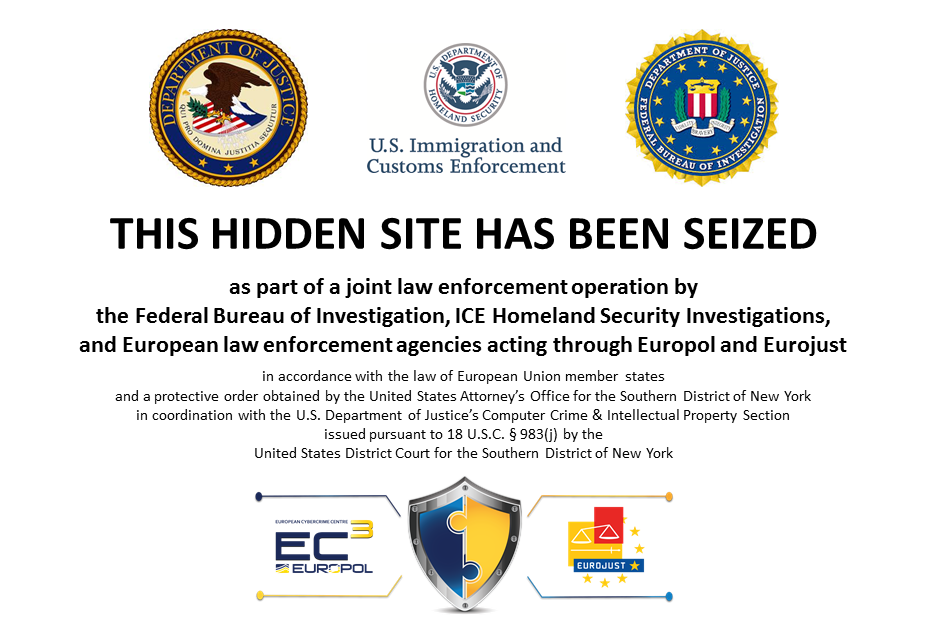
Silk Road was an online black market that operated from 2011 to 2013. It was primarily used to sell illegal drugs, but it also facilitated the sale of other illicit goods and services, such as fake IDs and hacking tools.
Silk Road was notable for its use of the Tor network and Bitcoin as a means of maintaining user anonymity and facilitating transactions. It was shut down by the FBI in October 2013, and its founder, Ross Ulbricht, was arrested and later sentenced to life in prison for a variety of charges, including drug trafficking and money laundering.
It was launched in 2011 by Ross Ulbricht, who operated under the pseudonym “Dread Pirate Roberts.” The site gained notoriety for its role in the sale of illegal drugs, which were shipped to customers using anonymous mailing services.
The Silk Road platform was based on a marketplace model, with sellers offering various products and services, and buyers using Bitcoin to make purchases. The site used sophisticated encryption techniques to ensure that transactions remained secure and anonymous. The site also featured a feedback system, which allowed buyers and sellers to rate each other and build reputations within the Silk Road community.
Silk Road quickly became a hub for the sale of illegal drugs, with a wide range of substances available for purchase, including cocaine, heroin, and marijuana. The site also offered prescription drugs, such as OxyContin, and designer drugs, like LSD and MDMA. Sellers used various tactics to ensure that their products would not be intercepted by law enforcement, including vacuum-sealing and using false return addresses.
The Silk Road was not limited to the sale of drugs, however. The site also facilitated the sale of other illegal goods and services, including fake passports, counterfeit currency, and hacking tools. In addition, it offered a platform for individuals to hire hitmen and other criminal services, leading to the site’s reputation as a hub for criminal activity.
The Silk Road’s success was due in part to its innovative use of Bitcoin as a means of payment. Bitcoin is a decentralized digital currency that allows users to make transactions without the need for intermediaries, such as banks or credit card companies. The use of Bitcoin allowed Silk Road to operate without the need for traditional financial institutions, which made it difficult for law enforcement to track and seize funds.
In 2013, the FBI shut down the Silk Road and arrested its founder, Ross Ulbricht. Ulbricht was later convicted on multiple charges, including drug trafficking, money laundering, and computer hacking. He was sentenced to life in prison without the possibility of parole.
The Silk Road’s demise did not put an end to the dark web, however. Similar marketplaces continue to operate on the Tor network, and the sale of illegal drugs and other illicit goods and services remains a significant problem on the internet. Law enforcement agencies continue to work to combat these activities, but the decentralized nature of the dark web makes it a challenging and ongoing battle.
- It was primarily used for the sale of illegal drugs, but also offered other illicit goods and services.
- Transactions were conducted using Bitcoin, a decentralized digital currency that allowed for secure and anonymous transactions.
- The site featured a feedback system to help build trust between buyers and sellers.
- Silk Road quickly gained notoriety for its role in facilitating the sale of illegal drugs.
- The site also offered a platform for individuals to hire hitmen and other criminal services, leading to its reputation as a hub for criminal activity.
- The Silk Road’s use of Bitcoin and the Tor network made it difficult for law enforcement to track and seize funds.
- In 2013, the FBI shut down the Silk Road and arrested its founder, Ross Ulbricht.
- Ulbricht was later convicted on multiple charges, including drug trafficking, money laundering, and computer hacking.
- The Silk Road’s ultimate demise did not put an end to similar marketplaces operating on the dark web.
- Law enforcement agencies continue to work to combat criminal activity on the internet, but the decentralized nature of the dark web makes it a challenging and ongoing battle.
In addition to drugs, the Silk Road also facilitated the sale of other illegal goods and services. These included fake passports, counterfeit currency, and hacking tools. The site also offered a platform for individuals to hire hitmen and other criminal services, leading to its reputation as a hub for criminal activity.
Conclusion
The Silk Road was a groundbreaking platform that enabled anonymous and secure transactions for illegal goods and services. Its use of the Tor network and Bitcoin paved the way for other similar marketplaces, but also highlighted the dangers of unregulated online marketplaces and the need for law enforcement agencies to stay vigilant in their efforts to combat criminal activity on the internet.

